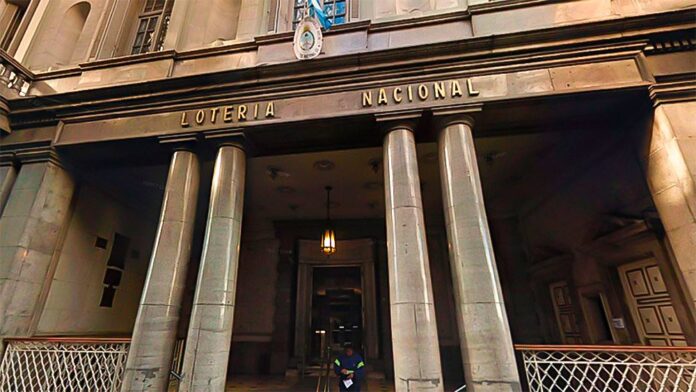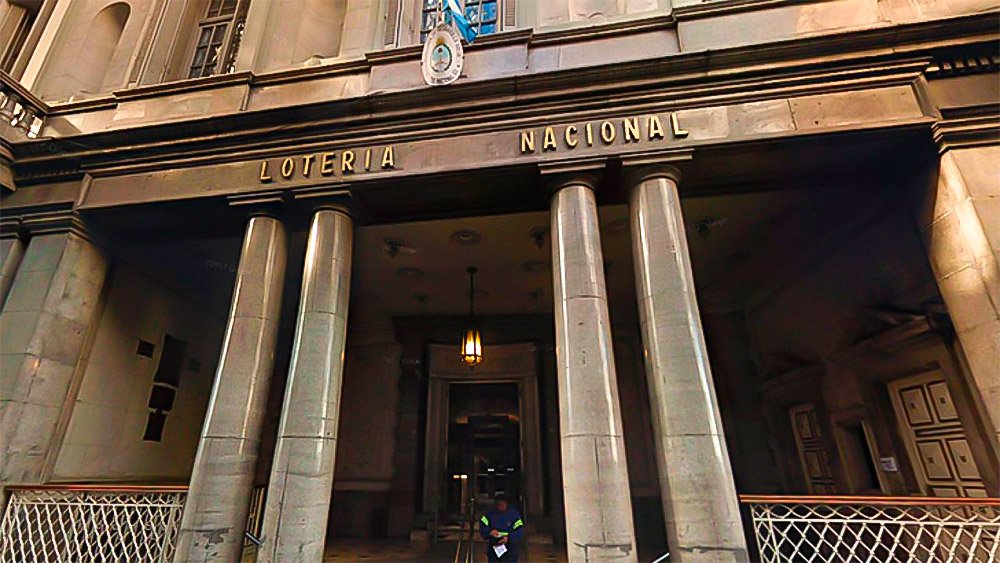In an exclusive interview with Yogonet, Martín García Santillán, President of the Buenos Aires City Lottery (LOTBA), highlighted the path taken since the regulation of online gambling in his jurisdiction, where today twelve operating companies have permits, and said that it would be important to reach inter-jurisdictional agreements at ALEA level, to expand the work they do concerning the fight against illegal gambling at the provincial and national level.
In an election year in Argentina and after several years of being in charge of the Gaming Institute of the City of Buenos Aires, what is the balance you can make of your management? How do you feel the opening to online gaming in your jurisdiction worked, and in what situation do you feel you are in today?
After two years of operating online gaming in the city of Buenos Aires, and three and a half years since its regulation, we are very satisfied and proud of the results.
Obviously, after these years some nuances may need to be reviewed, as in every process and especially in the light of the regulation, but also because the industry itself is evolving.
However, overall, we are very satisfied: we would repeat almost everything we did, and it is worth mentioning that one of the most gratifying points for us was to have regulated promotions and advertising, before the start of the online gaming operation.
I think this was very useful for us, because there are issues that have already been discussed from the beginning with the operators, and it is easier to make corrections later on than to take out a regulation related to promotions and advertising after two years of regulation.
We understand that to make a better balance, it would be necessary to wait at least two more years to have a more comprehensive view, because there are platforms that have not yet finished their definitive certification, and there are others that are in the process of obtaining permits.
Today we have twelve platforms operating, and the question we are always asked is when are the permits going to expire. The truth is that currently, we do not have evidence to identify whether there is a market for more operators or not enough for more players in the market, so we still lack the information to make decisions in this regard.
Buenos Aires City Lottery
Regarding illegal gambling, it is always a challenge for any regulator to accompany the operator, so that its operation is sustainable and at the same time take care of the player, to have a legal gambling offer without unequal competition. What have you found in recent times when it comes to tackling illegal operators?
It is a good question. First of all, we believed that by regulating online gambling, we were going to discourage illegal gambling. Today I can say that the opposite happened, although we cannot attribute it only to that. But after two years of operating with authorized games in the City, we see that unauthorized games have proliferated and appear more than before, or we see them more than before. These authorized operators present us with many complaints about these illegal sites.
We fight them, we put them at the disposal of the courts, and we seek to block them so that players cannot have access to such offers. Let’s say that the most assertive way for me, today, is through public awareness and education, more than through the judicial system in the City of Buenos Aires. We still have more work to do, but I think it has more to do with this than with the authorities.
Do you think that the answer is to think more about a player’s education than about a legal limitation?
Yes, today in the schools my children attend, they call me to inform us that the kids are gambling. The reality is that I can be sure that they do not gamble on authorized platforms, but that does not take away my responsibility, as a regulator, so that minors do not enter platforms not authorized by the City.
Therefore, the first thing we are going to do is to raise awareness, so that minors know that they are providing data to someone, that we don’t know and is not controlled by the State. I think that my daughter, for example, is more afraid of the vulnerability of her data and images than of whether or not she is going to be paid a prize in a bet. So from that point of view, the idea is not to scare them, but to explain to them what they are exposed to, which I think would be the best way to solve the problem of minors and betting on unregulated sites.
Taking into account that you have important participation within ALEA (Argentine State Lottery Association) at the national level, what is missing to promote a more homogeneous framework for online gaming, and not so different if analyzed by jurisdictions? How do you plan to handle inter-provincial or inter-jurisdictional agreements, to enable betting agencies that have a license in a certain jurisdiction, and want to operate in others through these agreements?
This is a very, very sensitive issue. If you ask me what it would be good to do, I think it is precisely that: if I have authorization in any province, I should be able to make an inter-jurisdictional agreement, recognizing the tax contribution that may correspond according to the point of consumption, but not considering this bet as “illegal”.
This would be a success that requires political will, and nothing else. The problem is not technical, it is political, and it will have the nuances for which it is not achieved today.















